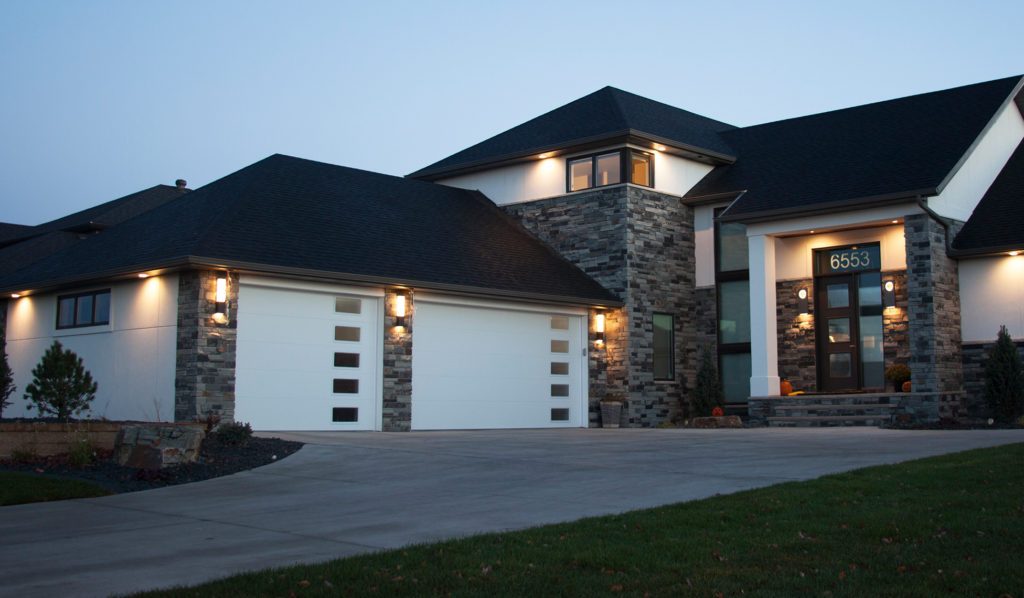Many people become plumbers by going through an apprenticeship. This often includes a combination of classroom instruction and paid training on the job.
The plumber apprenticeship can last up to four or five years and its usually sponsored by employers and trade unions. In order to be accepted into these programs, you need to be at least 18 and be a high school graduate or possess an equivalency diploma. All employees of the 5-Star Plumbing company undergo a thorough training, background checkup, and certification.
Basic Requirements to be a Plumber
The classroom setting teaches about safety, reading blueprints, regulations and local codes. In order to work in most US municipalities and states, plumbers are required to have a license.
Depending on where you get the license, you may also be required to pass an exam as well. Generally speaking, you must have at least two to five years of experience as well.
Skills Needed for Professional Plumbing
There are a number of skills needed in order to be a successful professional plumber. Listening well to customers to better understand their problems is invaluable in this trade.
You also need to be able to troubleshoot and find the cause and proper repairs based on customer complaints. Critical thinking skills will help you evaluate the possible solutions you have available when faced with a new plumbing problem on the job.
Verbal communication skills will come in handy when dealing with customers to explain the plan of action and the related costs. Plumbers also need to possess some degree of physical strength in order to lift the heavy equipment and tools needed on the job.
Aside from the education, job experience and job skills, employers also have standards they expect new plumbers to meet.
Working as a Professional Plumber
Employers want plumbers who are friendly and possess a great deal of patience. The ideal employee is professional, clean cut, aggressive, outgoing and drug-free. Professionalism and being knowledgeable is what many plumbers rely on to win repeat business and referrals. To work as a professional plumber, you need to be able to work under pressure, including time and budget constraints.
Professional plumbers also need to be able to follow procedures and policies. Reading and interpreting part requests, blueprints, schematics, manuals, work orders and drawings in order to accomplish the duties assigned is a major part of the daily routine working as a plumber. The educational subjects plumbers rely on most often include algebra, geometry, physics and computer-aided drafting.
Becoming a Professional Plumber
You can usually find plumbing vocational courses offered at a community college, technical school or trade school. The certificates earned at these institutions will be for drainage systems, water supply systems and any piping equipment that’s related. Apprentice programs offer the most comprehensive training for becoming a professional plumber. These programs are designed to cover all aspects of the plumbing trade.
Most states do require an exam on local codes and the plumbing trade, as well as 2 to 5 years of working experience before issuing a license. You’d have to take the time to find out the training hours, licensing needs and qualifications specifically required in the area you want to work in. In many cases, getting a certificate IV in plumbing is one of the first steps towards becoming a working professional.






